On Sunday morning, news broke around the world that 195 countries had agreed on an historic climate deal to reduce emissions. But for the residents of the island republic of Kiribati in the Pacific, it barely registered.

The news had not yet reached everyone on this sprawling republic of 32 coral atolls and one island. As leaders and activists celebrated the decision in Paris to keep the global temperature increase "well below" 2 degrees Celsius, in the town of Bairiki in South Tarawa, women in flowing white shirts drifted and dawdled down the main road on their way to Sunday church service. Others lay in hammocks in the shade, staying as still as possible to avoid the oppressive heat.
Yet this remote county has the most to gain from the global agreement.
"We are mad at the world because we are just little and we don't do anything to affect the world, we don't have big factories but we are the ones who are affected," village elder Anna told BuzzFeed News through a translator.
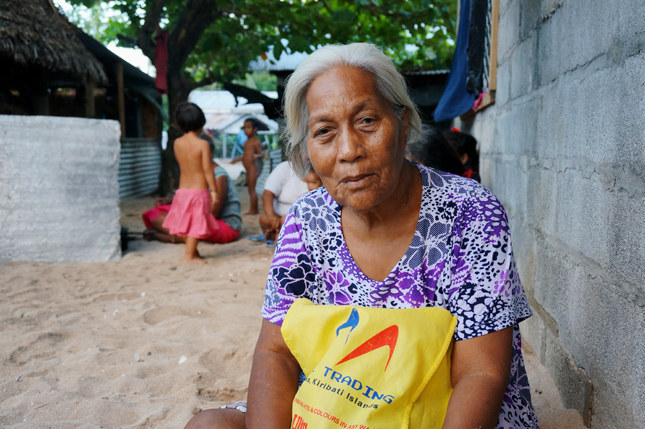
Anna has lived her whole life by the sea in Betio, but moved further inland at the beginning of the year after her house was flooded.
"So we really want to support the president. We are so happy that he speaks to the world about what is happening to our islands. The high tide we had at the beginning of this year, the water was overflowing houses and we had to move back,"
In Paris, Kiribati President Anote Tong spoke forcefully about the imminent danger his low-lying island nation is facing.
The 100,000 residents of Kiribati once lived in villages across the atolls, an area roughly the size of Western Australia and South Australia combined. Now half live on the one atoll of Tarawa, many forced to resettle after their islands became unliveable.
"We need to survive, we need to live, we have a right to do that and we are owed that by the international community," he told Channel 4 News.
The Alliance of Small Island States led the push for a commitment to a 1.5-degree limit on global warming, and the world listened. They also established a framework to provide financial aid to poor nations affected by climate change, something President Tong was pushing for.
Back in Kiribati, that same sense of urgency is not felt every day by the local people. Many are not aware of the effect of climate change on their island, even as the days get hotter, storms become more severe, and waves wash into their homes during seasonal high tides.
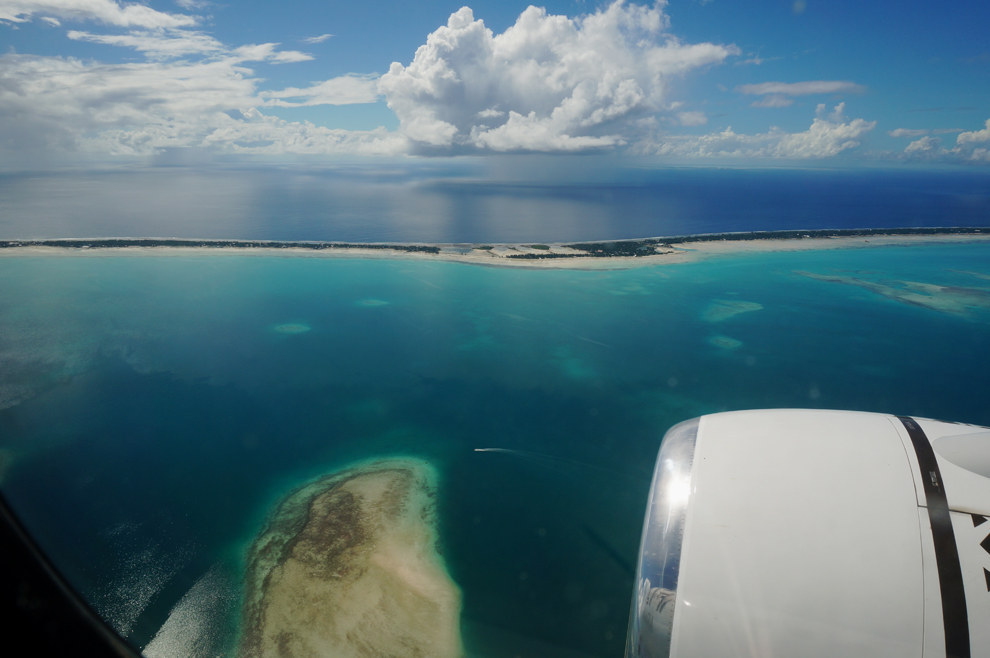
Lucy Toamton and her husband's, Loate, house flooded earlier this year. For now, they are staying put.
Upon hearing the news about the climate deal, Lucy said, "Tell the world we don't have mountains to climb when the water rises. Tell them to come here and understand and see how we live."
"We believe our president when he says that Kiribati is disappearing. We can feel the changes," she said.
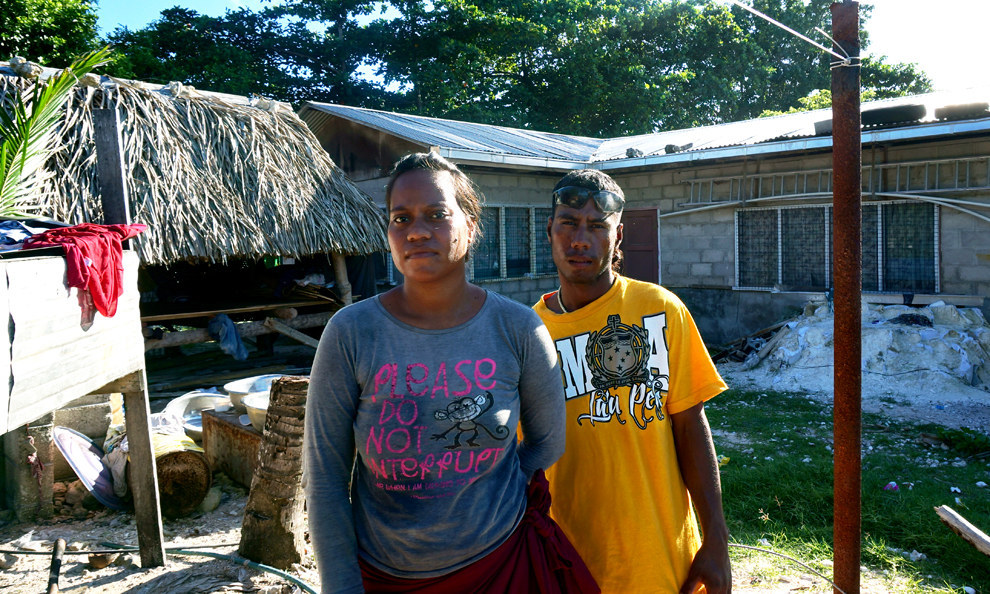
Monica Teraoi, a 31-year-old journalist who works for the state-owned Kiribati Radio News, says despite government efforts to educate the people, more often than not it's about convincing the people that the changing weather is more than just an act of God.
“Most people who have a big understanding of this issue, like government officials, they really know how it affects them, but many people who haven’t had time to learn or travel to other countries, they just think that climate change is not real. Those people think that it’s God,” she said.
Local newspapers and radio stations are trying to connect the issue to the residents' daily lives to help them understand how life on the islands is changing.
“We try to get them that to compare what they already experienced to now. Maybe they just can say, ‘It’s getting more hotter, the high tide seems like it happens often. Not like before where we only ever have it once in a year.'”
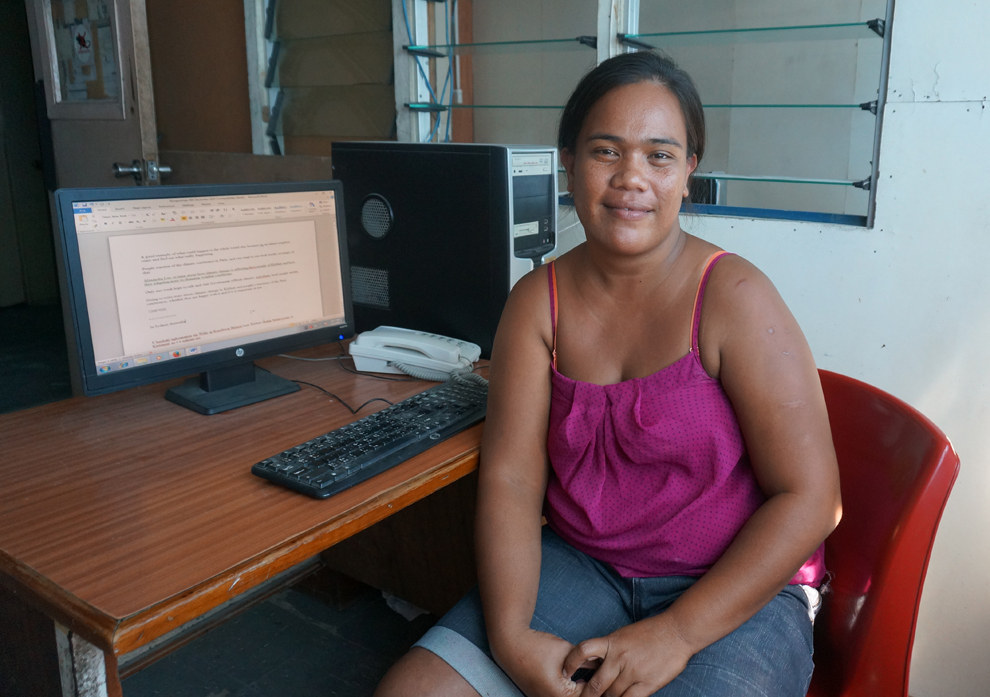
Simon Donner, a climatologist at the University of British Columbia, says the decision at the summit comes down to one thing: respect.
"The Paris climate deal to me means respect for places like Kiribati, the Marshall Islands, and Tuvalu because the world has recognised that the lower temperature limit of 1.5 degrees Celsius is necessary to avoid harm to those places, whereas that was not taken seriously before Paris," he said.
"That's the good news. The bad news is that the ambition is there globally but the promises are not and if you add up all the emissions reductions promises made by individual countries, it's not nearly enough to avoid the sort of warming that's going to do real damage to Kiribati," he said.
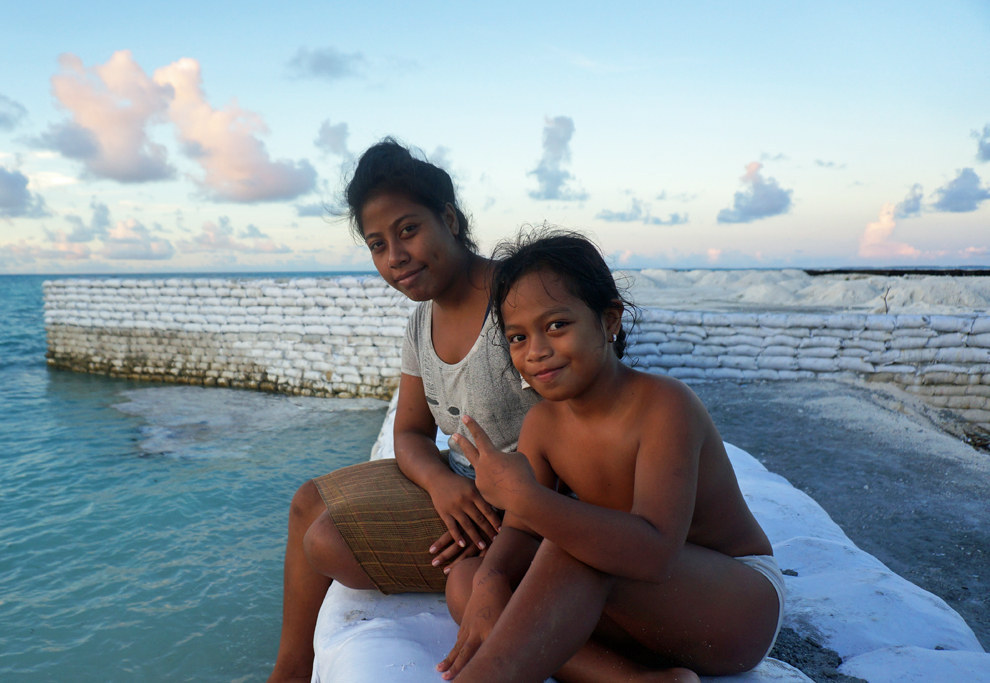
For most residents of Kiribati, high-level talks of greenhouse gas mitigation and solemn promises from leaders of faraway countries do not factor very much in their lives. But they are happy for the world to hear their stories, and they want the world to know their culture is too precious to be swallowed by the rising seas.

